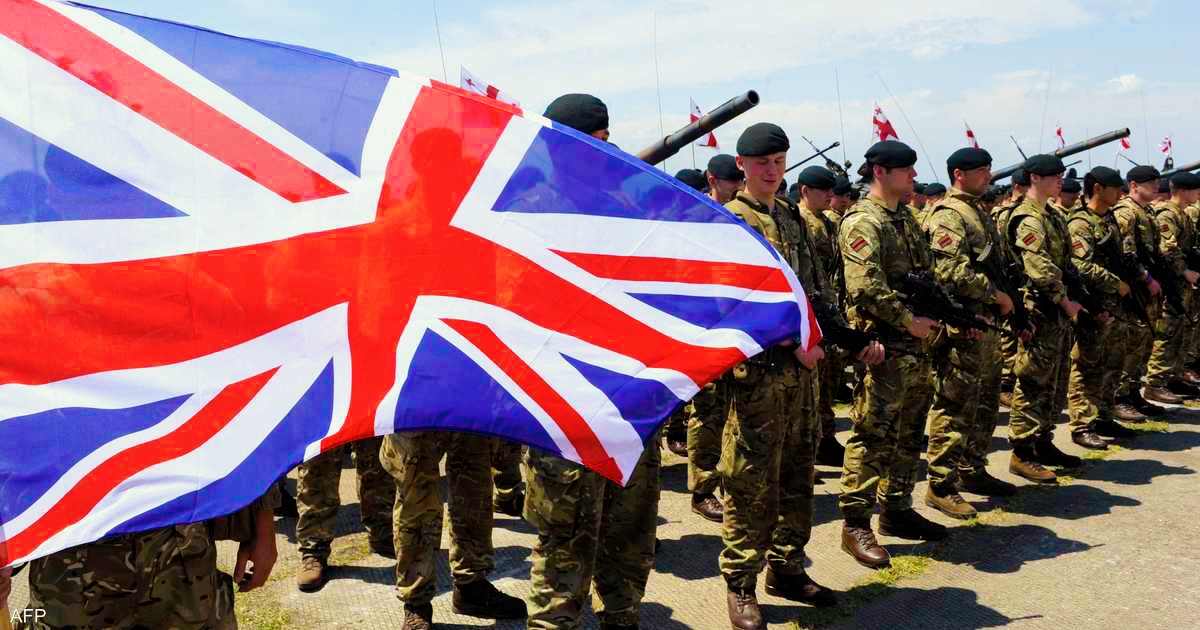Britain grants its army the authority to immediately shoot down drones to counter Russian threats

In a notable escalation aimed at strengthening its air defenses, the British government is preparing to announce the granting of new and extensive powers to the armed forces, allowing them to shoot down drones as soon as they are detected in the air, if deemed a threat to military sites.
According to official sources, British Defense Secretary John Healey is expected to announce within days a comprehensive security vision to enhance the protection of British military bases, amid rising tensions in European airspace and aerial activities that Russia is accused of orchestrating.
* Changing the rules of engagement: from "extreme circumstances" to "direct fire"
The new amendments represent a significant shift in the rules of engagement, as British armed forces previously needed extreme justifications before using force against drones.
Now, field units, including the Ministry of Defense police, will be granted the direct right to open fire on drones as soon as they are spotted, without the need for higher approvals, provided that a threat is confirmed.
* Starting from military bases... and possibly including airports later
Under the plan, the powers will initially be applied to military bases and sites, with the possibility of later expanding them to include sensitive civilian facilities such as airports and other vital infrastructure, after assessing the associated security risks.
* Advanced technologies and joint surveillance missions
The British forces are already using advanced technological systems to intercept drones, as these systems can track control signals and redirect drones away from targets or take control of them electronically.
However, the new update will provide soldiers with a faster and more decisive option: immediate shooting down when necessary.
The British decision comes at a time when unusual aerial movements are increasing near NATO member states' borders.
Recently, British and American NATO aircraft have conducted joint surveillance missions after detecting Russian aerial incursions in the airspace of Poland, Romania, and Estonia, leading to disruptions in air traffic and temporary closures of several European airports.
* Accusations against Russia... and Moscow denies
In light of these developments, European security circles have pointed fingers at Russia, considering that Moscow is behind the recent incursions of drones in European airspace.
A senior security official in Meretz stated:
"We believe that Russia is behind the increased activity of drones in our areas."
For its part, Moscow denied any responsibility for these aerial incidents, considering them accusations "without concrete evidence."
* A tense security background... and increasing European preparations
The new British measures come as part of a series of extensive European moves to counter unconventional threats, especially those related to modern technologies such as unmanned aerial vehicles.
It seems that recent events have prompted Britain to reconsider its level of readiness and immediate response to aerial threats.
The decision sends a clear message: British airspace is not open to any incursions, and hostile drones will not fly long before being shot down.